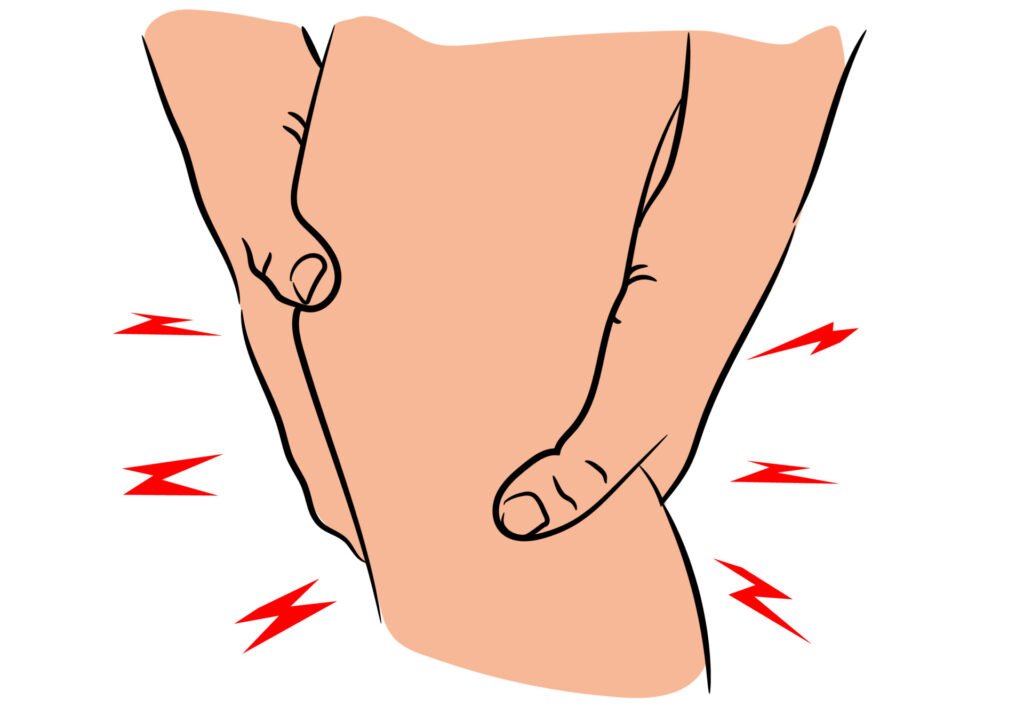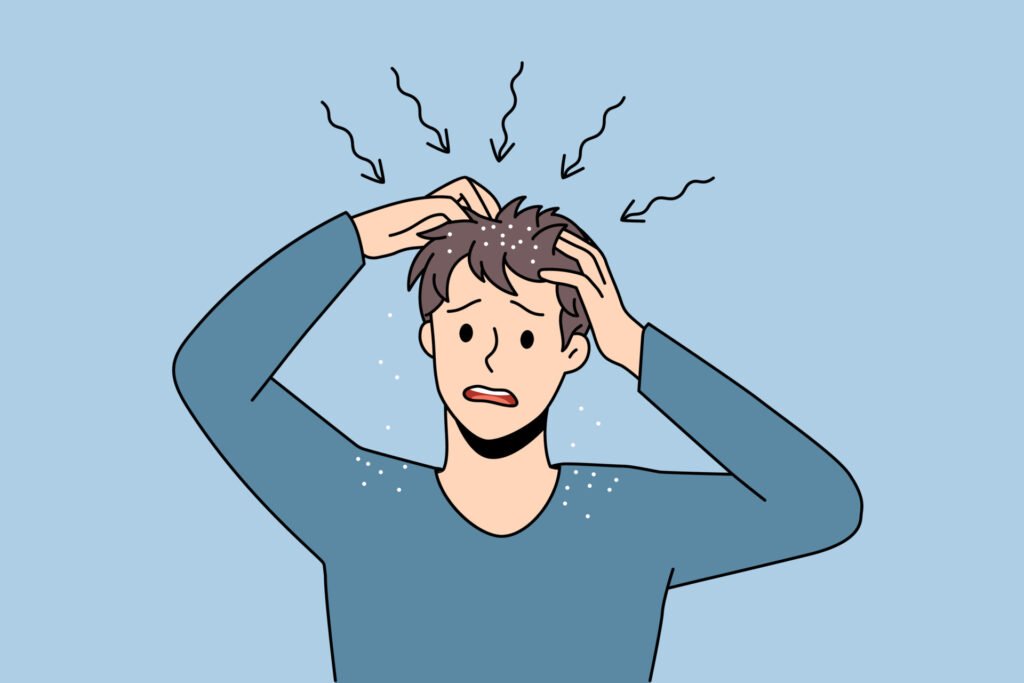Signs Of Magnesium Deficiency The Body Is Warning You
Magnesium is an important essential mineral that helps regulate heart rate, muscle, nerve and brain function and increase energy levels… Magnesium deficiency will directly affect these functions.
Everyone should pay attention to the signs to detect Magnesium deficiency and supplement Magnesium promptly.
Here are some typical signs of magnesium deficiency the body is warning you:
1. Always crave sweets
If you are always craving sweets, it shows that your body is lacking some minerals, especially magnesium. Magnesium deficiency in women is often related to menstruation. This symptom is also seen in athletes who exercise intensely and the body spends magnesium on muscle activity.
2. Muscle Cramps and Spasms
Frequent muscle cramps, spasms, or twitches, especially in the legs, can be a sign of magnesium deficiency. This mineral is crucial for muscle relaxation and function. So, see your doctor to test for deficiency levels of these vitamins to get advice on the recommended daily dosage.

3. Constipation
Chronic constipation is one of the signs of magnesium deficiency you should not ignore. Magnesium helps relax the muscles in the digestive tract and promote regular bowel movements.
4. Sleep Problems
Magnesium deficiency can cause insomnia because magnesium is important for brain relaxation function. This mineral helps regulate neurotransmitters that promote sleep. As analyzed, low magnesium levels can lead to muscle cramps that easily occur at night when going to sleep. As a result, sleep quality decreases.

5. Fatigue and Weakness – one of the signs of Magnesium deficiency
Magnesium is an essential mineral for the body to produce adenosine triphosphate (ATP) energy in cells. Magnesium completes this function by binding to ATP – the main source of energy in cells to help the body stay in a clear, healthy state. Magnesium deficiency leads to symptoms of fatigue and lack of exercise.
6. High Blood Pressure
Magnesium helps relax blood vessels and supports the transport of potassium, an important mineral that keeps blood vessel walls soft and blood flows easily, so blood pressure is stable. Hypertension or high blood pressure can be a sign that your body is lacking magnesium.
7. Migraines and Headaches
Frequent migraines or severe headaches can be associated with magnesium deficiency. Magnesium is involved in neurotransmitter function and blood circulation in the brain. When this mineral is deficient, blood vessels in the brain quickly narrow or dilate, which is the cause of migraines.

8. Muscle Weakness – one of the signs of magnesium deficiency
Feeling weak or experiencing muscle weakness, especially in the arms and legs, can be a sign of low magnesium levels. Like calcium, Magnesium is crucial for muscle strength and function. Magnesium facilitates calcium absorption by vitamin D as well as stimulates the hormone calcitonin to attract calcium in soft tissue and transfer it to bones.
If your body shows signs of magnesium deficiency mentioned above,, it’s important to consult with a healthcare provider. They can conduct tests to confirm the deficiency and recommend appropriate dietary changes or supplements. Magnesium-rich foods include leafy green vegetables, nuts, seeds, whole grains, and legumes.

